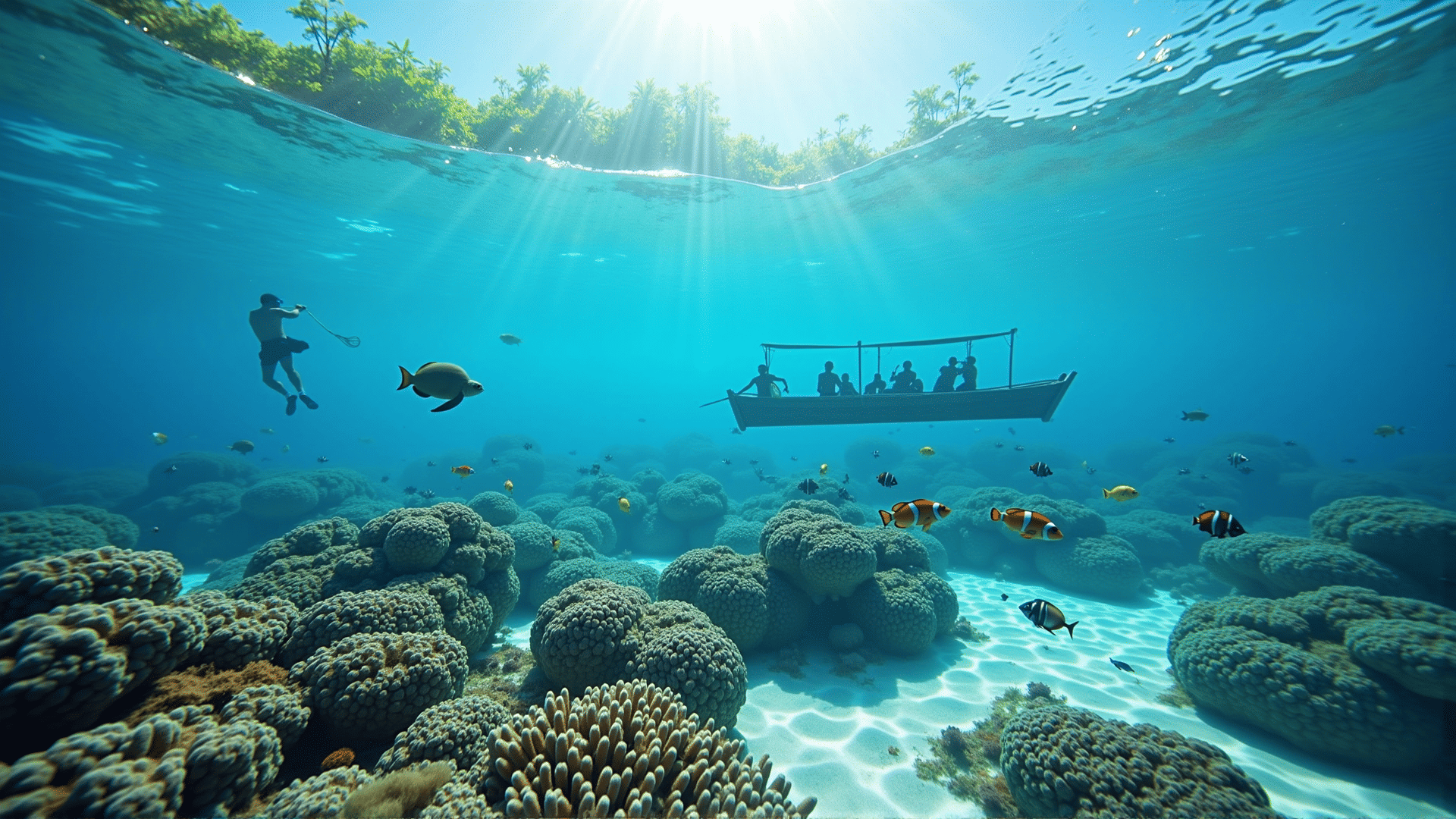In the vibrant archipelago of the Philippines, home to a rich array of marine biodiversity, preserving ocean life is a pressing priority. Recent shifts in consumer behavior have begun to play a crucial role in advancing marine conservation efforts. By adopting smarter consumption habits, Filipinos are actively engaging in protecting their precious marine ecosystems.
One pivotal change is the increased demand for sustainable seafood. Conscious of the damaging effects of overfishing and destructive fishing techniques, more Filipinos are opting for seafood products that are responsibly sourced. Restaurants and grocery stores are responding by offering certified sustainable options, empowering consumers to make choices that favor the health of marine environments.
Public awareness campaigns have played a significant part in this transformation. Educational initiatives highlighting the importance of choosing local, seasonal, and sustainably caught seafood have resonated with consumers. These campaigns not only educate but also connect people to the communities relying on responsible fishing practices, further fostering a sense of community and shared responsibility for marine conservation.
Additionally, there is a growing movement towards reducing single-use plastic consumption, which directly affects ocean health. With many Filipinos choosing reusable alternatives, such as tote bags, metal straws, and refillable containers, the reduction in plastic waste greatly benefits marine life. Local businesses are also championing this cause by offering eco-friendly packaging and encouraging customers to bring their own containers.
Moreover, the Philippines is seeing a rise in community-driven initiatives that promote marine conservation. Coastal clean-up drives, organized by local groups and supported by individual volunteers, are regularly conducted to keep beaches and coastal areas free from debris. These clean-ups not only remove harmful waste but also foster community engagement and environmental stewardship.
Coral reef protection is another area of focus. Initiatives aim to educate people about the critical role reefs play in marine ecosystems and the threats they face, such as pollution and climate change. By promoting responsible tourism and supporting reef restoration projects, individuals contribute to preserving these vital underwater habitats.
Additionally, the digital era has enabled easier access to information and mobilization of efforts through platforms and apps that track sustainable practices. Digital tools and platforms provide Filipinos with the resources to make informed decisions, guiding them toward products and businesses that prioritize marine conservation.
These shifts in consumption habits are not just reactive measures but proactive strategies that help safeguard marine life for future generations. As more Filipinos adopt these sustainable practices, the impact multiplies, boosting efforts to maintain the Philippines' marine biodiversity and ecosystem health.
Ultimately, the collective effort toward smart consumption is a testament to how small, intentional changes in daily routines can lead to significant positive outcomes for the environment. Through informed choices and community efforts, the people of the Philippines are charting a hopeful course towards ocean conservation, illuminating a path that other nations might well follow.
